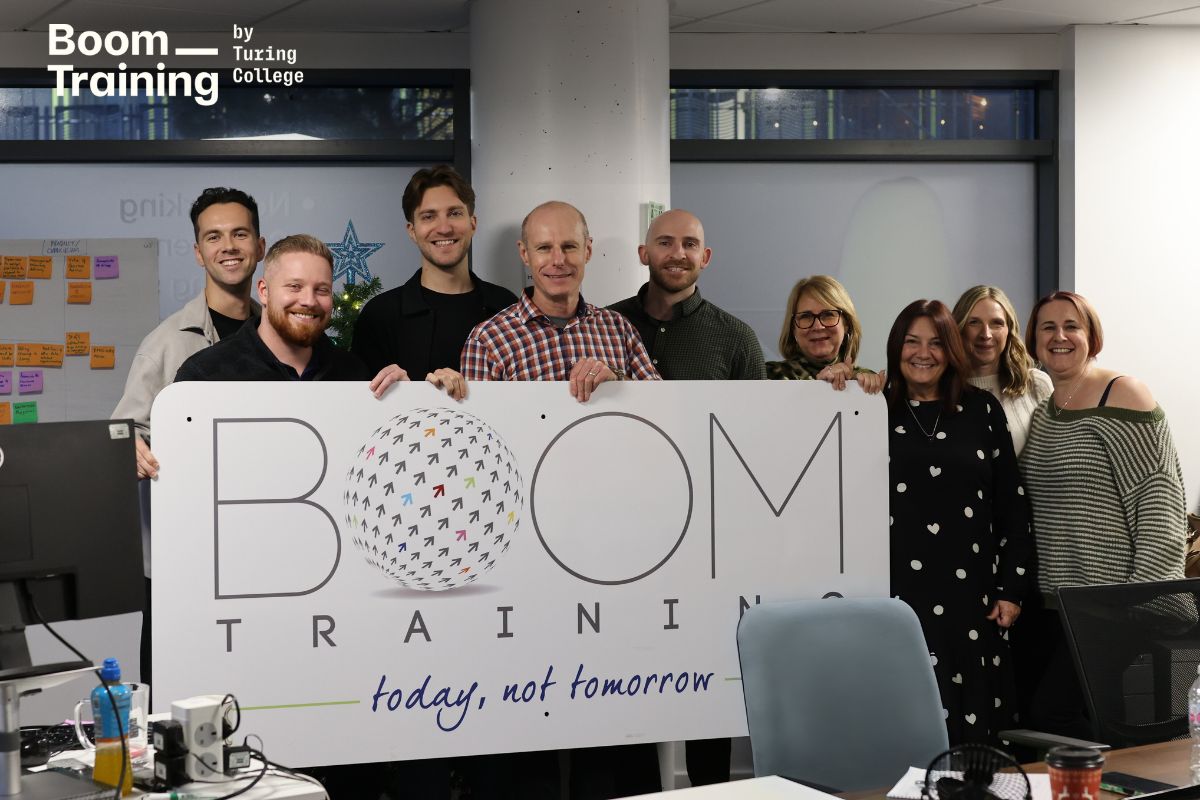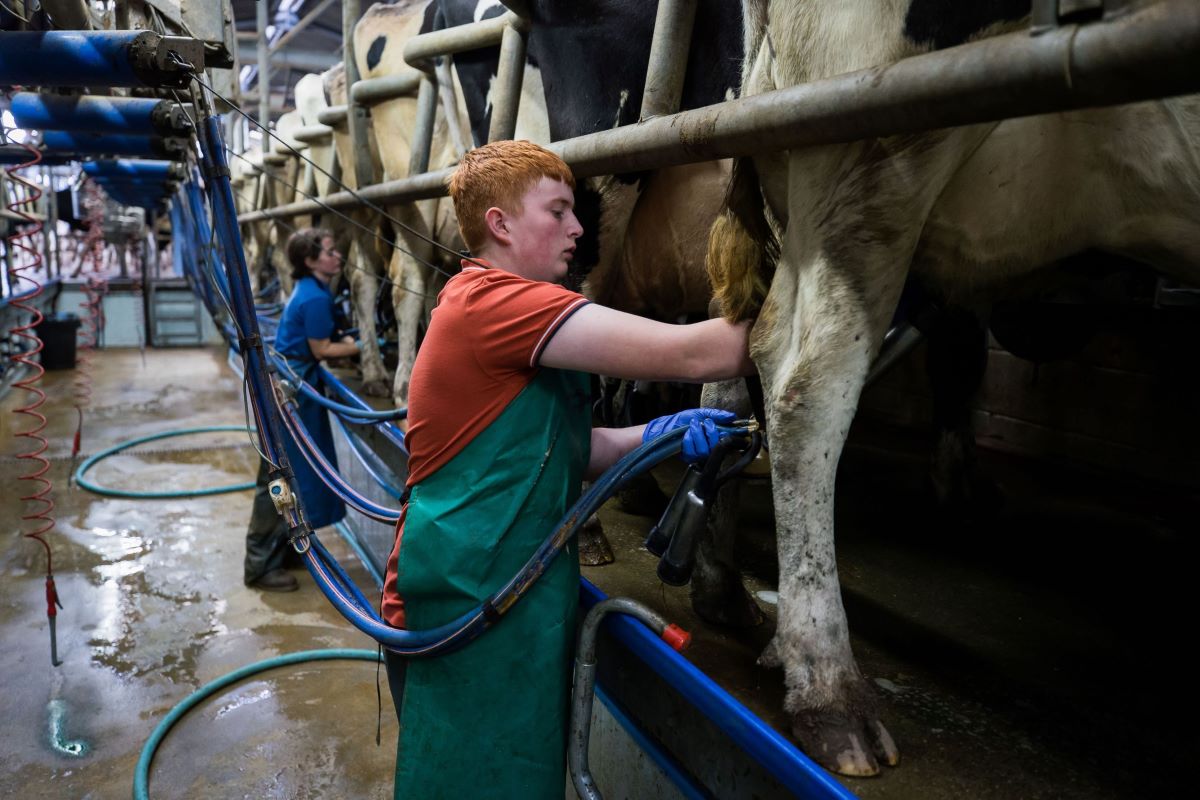Degree Apprenticeships: Meeting the needs of employers and apprentices

I’m afforded the privilege of meeting many employers and apprentices in our work supporting HEIs to build robust quality assurance systems around apprenticeships.
I’m struck by the emerging reoccurring themes; lots that we should celebrate more vocally, whilst keeping a keen eye on making improvements where needed.
With HEI peers completing annual monitoring activity, we are picking our way through the learning from the last 18 months of Covid response, identifying the changes that – whilst made at speed – have the potential to improve the way we design and deliver work-based education
Meeting employer needs is not always easy. Their needs may not align comfortably with the regulations wrapped around apprenticeship provision and nowhere is this more evident than navigating the requirements of the ESFA, QAA, Ofsted, and professional bodies.
For example, for large employers, the desire to use the levy to upskill existing staff, some of whom have spent many years in a role can jar with the spirit and rules of apprenticeships. For small employers, we haven’t really scratched the surface of engaging them well in the benefits of degree apprenticeships.
For this article, I’ll lead on a celebratory note before considering where the opportunities are to keep improving higher level apprenticeship provision.
The positive impact of apprenticeships in the workplace
Often, employers and apprentices explain with confidence the positive impact of the apprenticeship in their day-to-day job. They can give examples with relative ease, often talking about having a clearer understanding of ‘why’ they are doing something, even when they have prior experience of the ‘how.’ What they value most is the ability to apply what they have learnt in the lecture in practice, particularly when the programme is sequenced in such a way that allows this to take place soon after. I hear this same message whether it be from apprentices who are new to their role or those with some prior experience. At its best, we see fantastic examples of project-based learning using live examples to embed new knowledge and skills.
Occasionally (although not often enough) apprentices and employers also share the impact of the broader elements of apprenticeships which when done well, go some way towards being their unique selling point; ‘I’ve thought differently about equality and the role I can play to drive change at work with the support of my manager.’ Or ‘I didn’t think learning about the risks of radicalisation would affect me and my job so much. It’s been an important eye-opener.’ Or ‘English is not my first language. My written and verbal communication is so much better, helping to improve my life.’
Like I said, there is a great deal to celebrate.
Feedback to drive improvement
I’ve worked in and around HE for many years; long before the apprenticeship agenda came to the fore. I’ve noticed that for the majority of my HE peers, there is a real appetite to keep learning to design and deliver better apprenticeship provision. With that in mind, with the voice of the apprentice and employer at the forefront, here are the key themes for improvement I hear examples of most often:
“I understand the degree part of the programme, but I don’t fully understand the apprenticeship.”
“I finish the degree part next month then I start my apprenticeship.”
“I enjoy the programme but I’m covering things in some units that aren’t relevant to my job role.”
“The last time I was in education was when I left school, 15 years ago. I’m struggling with the academic language and the assessments.”
“The programme is very stressful. There are too many assignments due in a short space of time without any consideration to my job role. I seem to be left on my own during the summer when things could be spread out more.”
“I’ve been doing the job for quite a few years. I’m definitely learning new things which are valuable but I’m not sure why I had to do some of the modules.”
“I sometimes attend the tripartite reviews with my apprentice but I’m not entirely sure what is expected of me.”
“I understand the progress I’m making on my degree because of the marks from assessments. I’m not sure if this means I’m where I should be on the apprenticeship.”
Questions to consider
I hope the opportunities to improve are obvious to you from these examples, perhaps leading to questions about how the apprenticeship programmes are designed.
Do we start with the apprenticeship standard as the driving force or, begin with the degree that is subsequently mapped to the standard? What impact is this having on quality?
How well do we take into consideration the level of exposure to academic learning when constructing the programme?
How well is prior experience – captured during initial assessment – taken account of when planning the individual apprentice’s path through the programme?
Are our delivery models operating to a traditional academic cycle rather than one which benefits the apprentices?
I look forward to continuing our work with so many of you to explore these questions. We are a collective force to be reckoned with as we continue to drive the higher apprenticeship quality agenda.











Responses